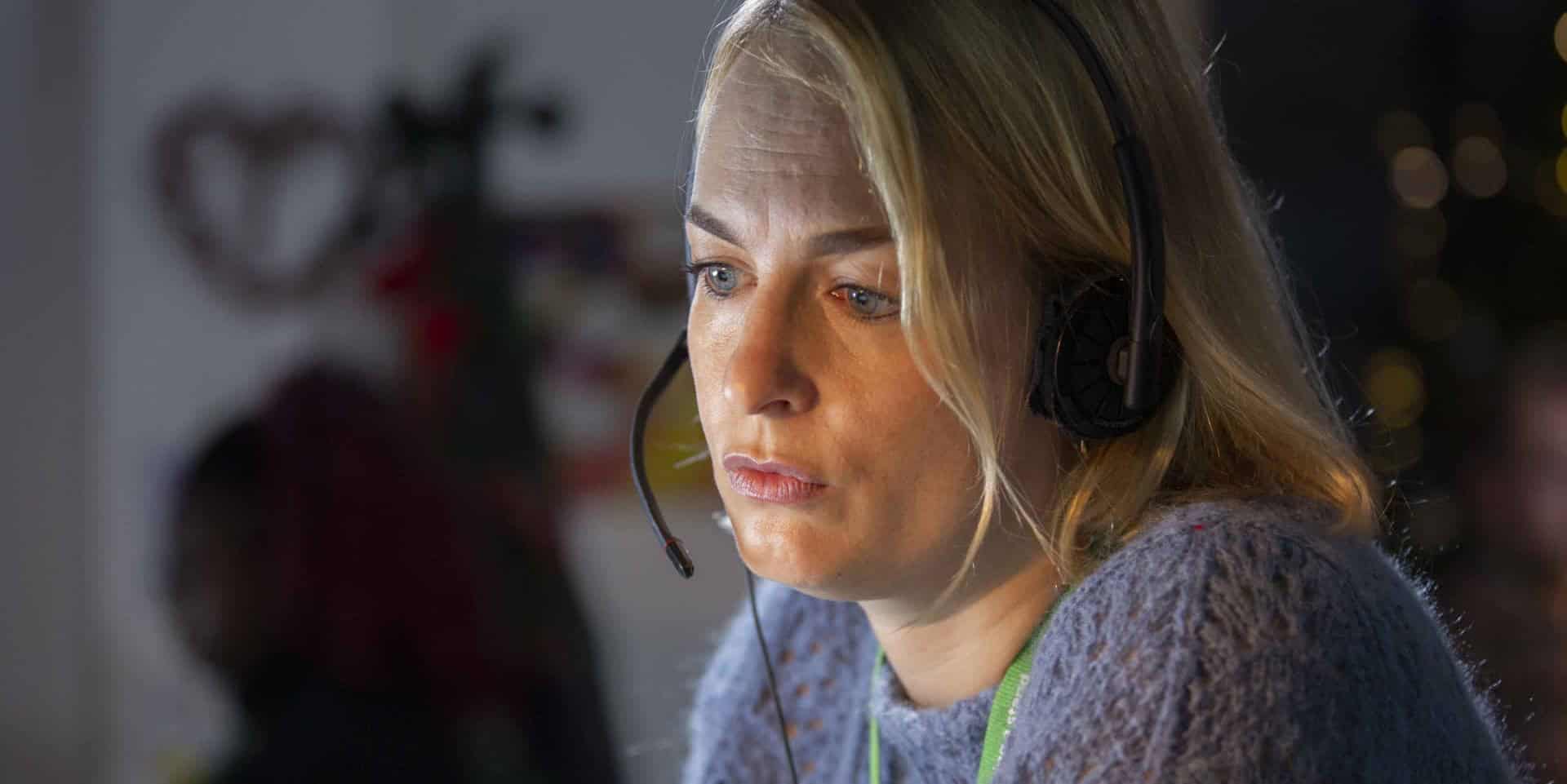New figures released today (Friday) reveal that in the 2023/24 academic year, NSPCC‘s Childline provided 2,283 counselling sessions in which children mentioned concerns about returning to school. This figure underscores the anxiety many young people feel about the transition back to the classroom, particularly as the new school year begins.
More than a third of these sessions (37%) took place in August or September, suggesting that the end of summer and the prospect of returning to school can be a particularly challenging time for many students. Additionally, 54% of the counselling sessions were with children aged 12 to 15, indicating that early adolescence is a critical period for school-related stress.
Common back-to-school worries
The topics raised during these counselling sessions are varied, but highlight common themes. Many children expressed anxiety about starting a new school, whether transitioning to secondary school or moving on to college. For some, the idea of entering a new environment with unfamiliar peers and teachers can be daunting.
Academic pressure also featured prominently among the concerns. Young people are increasingly feeling the demands to achieve good grades and make important decisions about subjects during key academic years, such as Year 11 and Year 13. This pressure can lead to feelings of being overwhelmed and uncertain about the future.
Social and routine challenges
Other students worried about the social aspects of returning to school. Concerns ranged from making new friends to fears about how others might react to changes in their appearance over the summer. For neurodivergent pupils, there were additional worries about sensory overstimulation and navigating social interactions in a school setting.
Routine also emerged as a significant concern. The shift from a more relaxed summer schedule to the structure of school life can be challenging, with some students fearing they might struggle to maintain motivation and keep up with their studies. The prospect of new responsibilities, such as balancing school with part-time work or family care, added to these anxieties.
Voices of the young
Childline’s counselling sessions provided a platform for young people to share their thoughts and feelings about returning to school. One 13-year-old girl shared,
“I’m not looking forward to the new term: the bus journey to school is exhausting, and I don’t have the energy to do anything after classes.
“I’m also stressing out; I’ll have to pick my GCSEs, but I have no idea what I want to do.”
Another girl, aged 17, expressed her fears, saying,
I’m terrified to go back to school – I feel like I don’t belong there. I feel so apart from everyone else, like they’re constantly judging me.
“My friends don’t understand me and invalidate my feelings. I need someone to take me seriously and actually listen to how much I’m struggling. Thank you for being here for me.”
Childline’s role and support
Shaun Friel, Director of Childline, acknowledged these varied emotions, noting,
“Whilst for some children going back to school can be an exciting return to a routine, learning and seeing their friends, for others they may feel anxious or apprehensive.”
He emphasised the importance of support during this time, saying,
“School should be a place where children can be comfortable and reach their full potential.
“Whilst it’s a normal part of growing up to have these worries, young people should feel supported in working through them.”
Guidance for parents and children
For parents whose children may be feeling anxious about returning to school, there are several ways to provide support. Encouraging open communication, helping them write down their feelings, and discussing practical solutions can make a significant difference. Reminding them that it’s okay to take time to adjust can also help ease the transition.
Young people are encouraged to talk to a safe adult about their worries and use tools like Childline’s online mood journal to express their feelings. Staying connected with friends and engaging in physical activities can also be beneficial.
Childline is available 24/7 for any child or young person needing support. They can be contacted on 0800 1111 or via a 1-2-1 chat on www.childline.org.uk.





